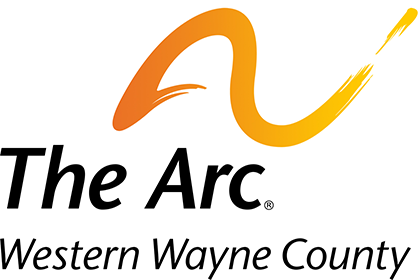All students with disabilities who are 16 years of age or older, or younger if the team determines appropriate, and eligible for special education services, must be provided with transition services as part of their Individualized Education Program, or IEP. The transition IEP should be different from the traditional IEP in two ways, in the context for developing goals and objectives, and in the level of involvement of the student, parent and outside agency personnel.
The traditional IEP developed goals based on the school’s curriculum. At the secondary level, the context for the IEP should include high school content expectations and postsecondary goals and objectives based on the student’s postsecondary preferences and interests. For example, employment, community participation and post-secondary education or training should be the context for developing transition goals and objectives.
Only the student can tell educators what community participation and employment might mean to them. It is then up to educators and adult service agency staff to translate that into meaningful strategies, which will give students and parents access to their hopes and dreams. For these reasons, students and parents must provide input into the development of their transition IEP and the Local Educational Agency is required to provide ample opportunity to the student so that the student’s interests and preferences are considered.
Important people to include in the transition IEP are the student, parent or guardian, invited members of the multi-disciplinary team, and a school representative. A representative of any other agency that is likely to be responsible for providing or paying for transition services should also be invited. For example, the Michigan Department of Career Development Michigan Rehabilitation Services could be one of those agencies, as well as any agency providing supports coordination on behalf of a student such as a Community Mental Health contract agency.
There is additional information about transition services available on The Take Charge Helpline.
Phone code: 1601

Recent Comments